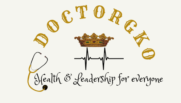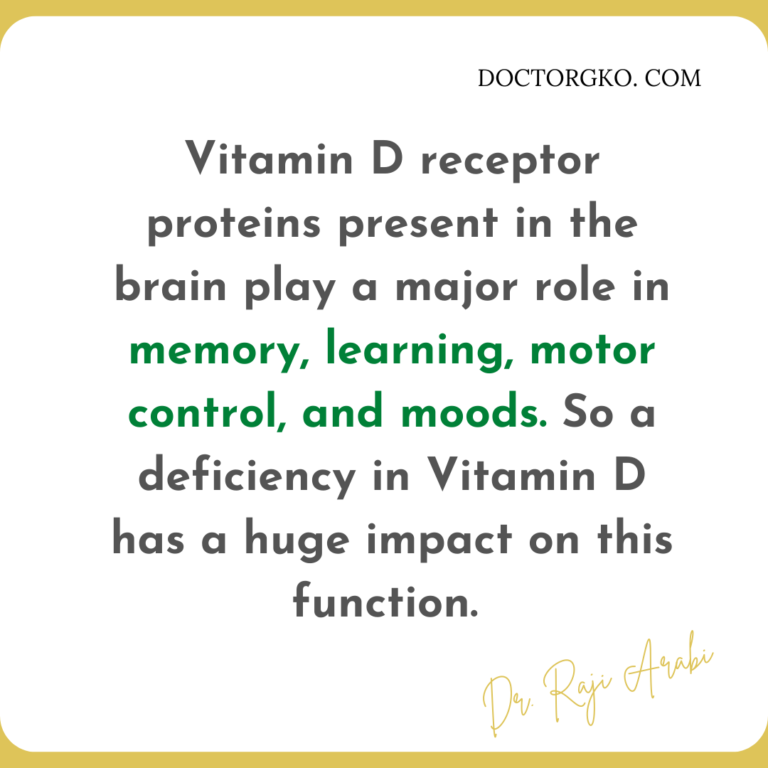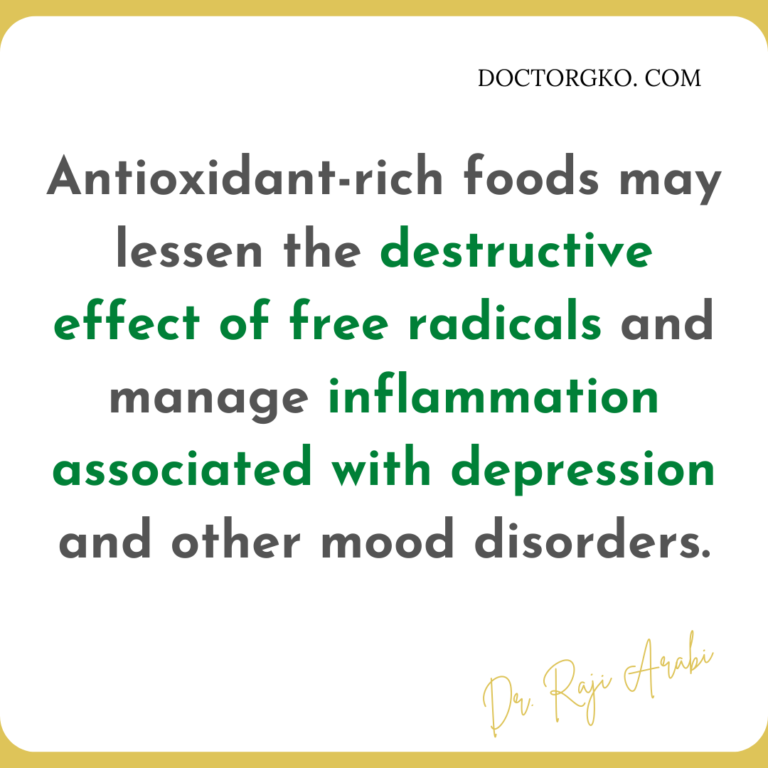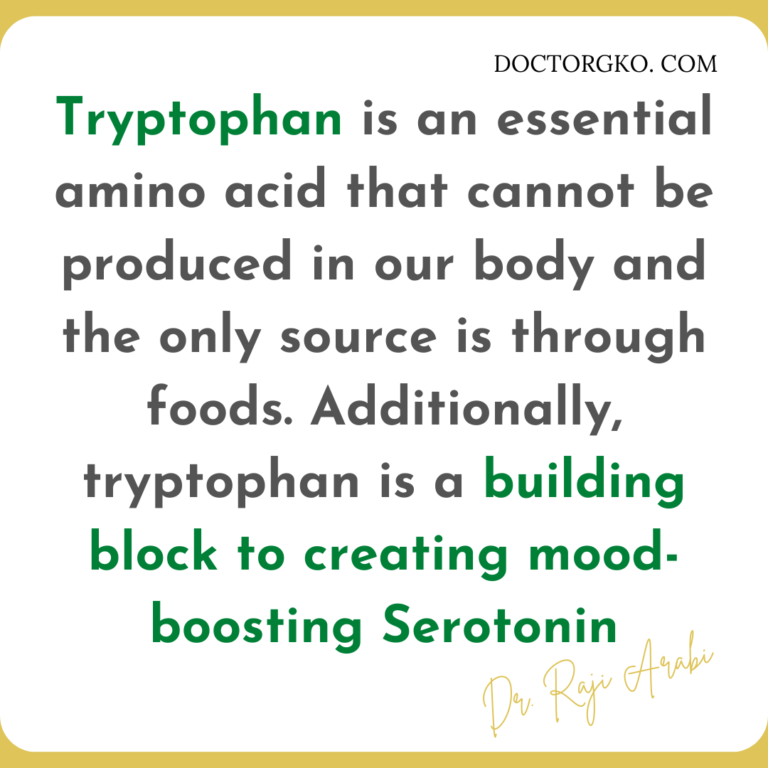Diet for Depression – Foods that reduce depression
Diet is one of the important factors while dealing with Depression. At the same time, diet alone never cures Depression. Understanding the nutritional factors while dealing with Depression and taking the right foods reinforce the recovery from Depression. Here are the divisions to understand the Diet for Depression and foods that reduce Depressive symptoms.
Low Nutrients that cause or enhance Depression:
Vitamin D deficiency:
Vitamin D deficiency leads to both Medical & Psychological problems. Vitamin D plays an important role in mood regulation. Vitamin D receptor proteins present in the brain play a major role in memory, learning, motor control, and moods. So a deficiency in Vitamin D has a huge impact on this function. These factors may cause or enhance Depression.
Expose yourself to early morning Sunlight and take Fatty fish, oysters & Eggs.
Selenium Deficiency:
Low selenium definitely affects your mood. Approximately, 55 micrograms /day is recommendable. Studies showed that Selenium rich foods help to reduce depression. Selenium supplements are not advisable as they are more prone to get toxicity.
Selenium-rich foods are Beans, legumes, low-fat dairy products, nuts & seeds, and, Seafood like Oysters, clams, crab, saltwater fish, freshwater fish, sardines, and Milk. Ensure your Diet for Depression.
Low Folate:
Folate is one of the essential elements which makes your brain cells work well. Overcooking vegetables & Fruits, low intake of fruits and vegetables, and smoking are the main reasons for low folate. Taking corrective measures is essential to improve your folate and reduce depression. Ensure your Diet for Depression!!
Essential Nutrients for fighting Depression:
Antioxidants:
Our body normally makes free radicals. These free radicals can lead to cell damage, aging, and other problems. You can’t able to stop the production of free radicles but taking Antioxidant-rich foods may lessen the destructive effect of free radicals and manage inflammation associated with depression and other mood disorders.
Antioxidants-rich foods that reduce depression: Diet & Depression
Beta carotene: Broccoli, Carrots, Spinach, Sweet potato, Pumpkin
Vitamin C: Blueberries, kiwi, orange, grapefruit, strawberries
Vitamin E: Nuts & Seeds, Vegetable oil, wheat germ
Omega-3 fatty acids:
If you are not taking omega -3 fatty acids in your food properly or if you are having a low level of omega-3 fatty acids, there will be higher chances of affecting with depression.
Foods rich in omega-3 fatty acids that reduce depression are Fatty fish, flax seeds, Nuts, especially walnut, dark green, and leafy vegetables. Ensure your Diet for Depression
Tryptophan:
Tryptophan is an essential amino acid that cannot be produced in our body and the only source is through foods. Additionally, tryptophan is a building block to creating mood-boosting Serotonin. Serotonin is one of the happy hormones which improves your mood.
Tryptophan-rich foods that reduce depression are Milk, Salmon, Poultry, eggs, Banana, Pineapple, plum, kiwifruit, plantain, and tomatoes. Ensure your Diet for Depression.
Gut Health:
Gut health plays a crucial role in fighting Depression. If you are having any disturbances in your gut, it gives the signal and disturbs your brain function. Similarly, if you are having disturbances in your brain function and mood disturbances, it affects your gut too. Food rich in Probiotics & Prebiotics helps you to take care of Gut health.
Others:
Nutrients like Zinc, Magnesium and omega-3 fatty acids may promote the synthesis of BDNF {Brain derived Neurotropic factor} which enhances neuroplasticity. This results in greater resilience especially while facing stress.
Caution:
When you want to recover from depression, avoid junk foods, processed foods, sugary drinks, smoking and alcohol.
Nutrient foods alone never help you to overcome depression. There are lots and lots of factors involved in fighting depression. If you find difficulty in combating depression, seek professional help, Nothing wrong with it!!.
Image source: Unsplash
Image creation at Canva
How to stop over thinking
Menopause, Menopausal Signs and Symptoms, Menopause Management.
sadness is an emotion, not a mental illness
Anger Management Strategies
Share this post: on Twitter on Facebook on LinkedIn








